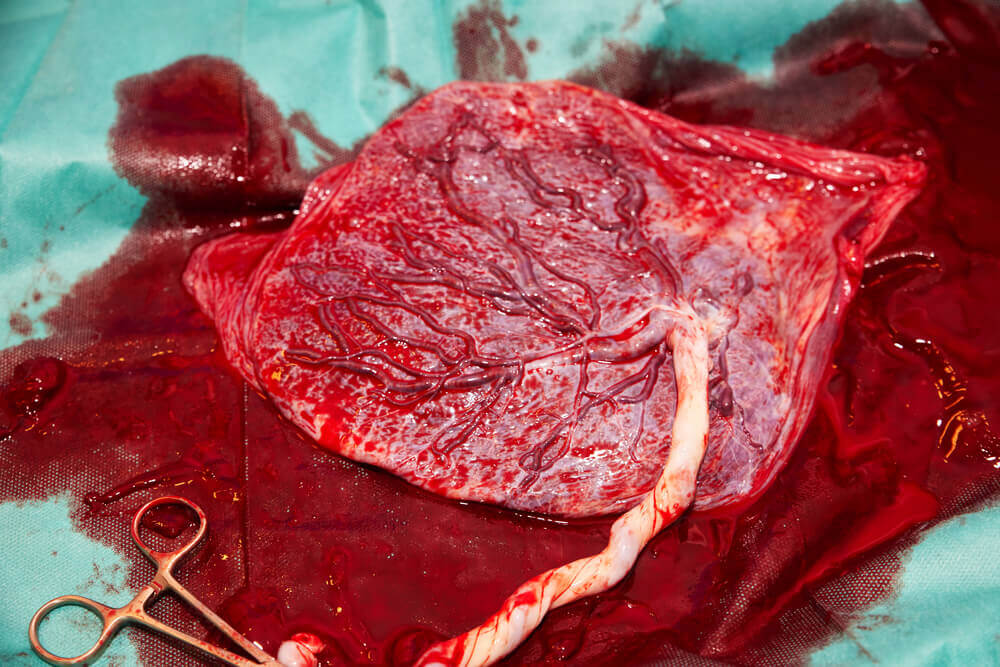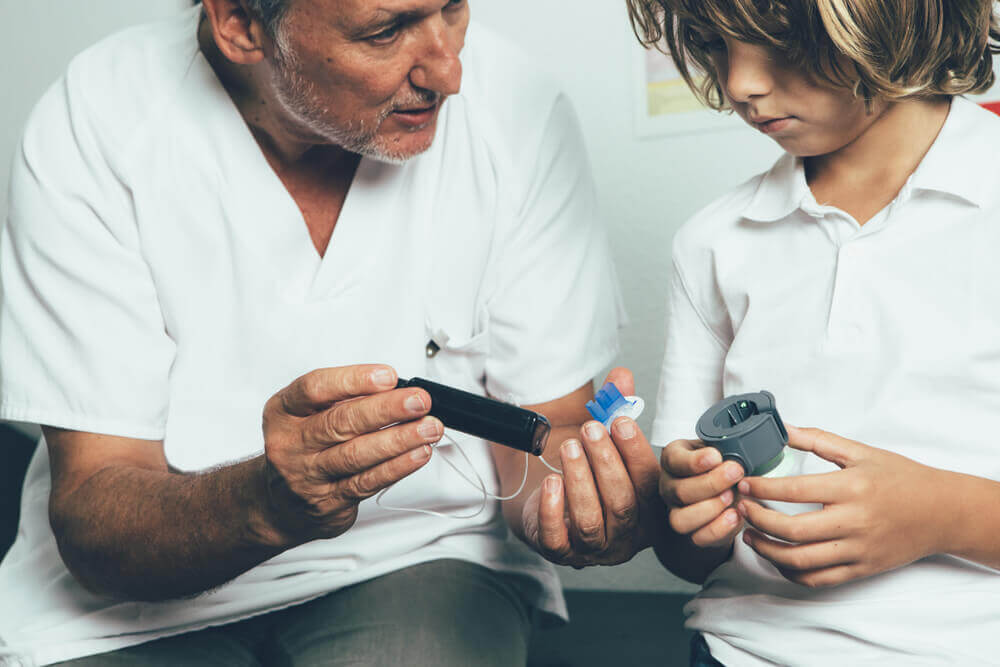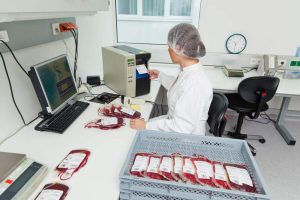
The umbilical cord can be a long-term source for mesenchymal stem cells

This study highlights the umbilical cord can be used to produce mesenchymal stromal cells (MSCs) in the long-term, which will drastically increase the availability of MSCs for therapeutic use.
Why umbilical cord stem cells?
Mesenchymal stromal cells (MSCs) can be isolated from many tissues. However, most stem cells (~80%) used in clinical trials are generated from bone marrow, the adipose tissue and the umbilical cord (aka cord tissue).
Cord tissue is a very attractive source for MSCs due to several reasons:
There are many more MSCs in cord tissue,
Obtaining MSCs from cord tissue is non-invasive and has no ethical issued, and
Cord tissue MSCs have higher expansion capacity compared to adult tissue.
As a result, cord tissue represent the second leading source of MSCs used in over 800 clinical trials.
Growing umbilical cord stem cells
MSCs used for therapy are generated using a small piece of tissue from the umbilical cord, which are cultivated to produce many more stem cells. These cord tissue pieces have the potential to continuously provide MSCs for over a month. However, standard clinical practice today only makes use of the very first batch of outgrown cells produced in the first 1-2 weeks.
The main reason behind this decision is the lack of studies that look at the functional properties of the MSCs produced in the long-term. Without knowing that these cells have the same properties as the first batch of MSCs, clinical investigators are hesitant about using them for therapeutic purposes.
Unlimited potential of umbilical cord MSCs
Researchers in this study addressed the above concern with their experiments. They show that when cord tissue pieces are transferred into new culture dishes following the initial expansion, they continue to grow more MSCs.
What’s more, they show that even after 2 months of outgrowth, the MSCs produced from the tissue pieces retain the same immunomodulatory effects as the first induced MSC.
What does this mean?
Since umbilical tissue is the second leading source of therapeutic stem cells, these results open up the possibility of harvesting even more, MSCs from a single piece of tissue.
According to this work, MSCs can be harvested past the 1-2 week window currently being observed, hugely increasing the availability of therapeutic cells for future clinical trials.
Reference
Selich, A, Zimmermann, K, Tenspolde, M, et al. (2019) Umbilical cord as a long-term source of activatable mesenchymal stromal cells for immunomodulation. Stem Cell Research & Therapy volume 10, Article number: 285. doi: https://doi.org/10.1186/s13287-019-1376-9.
相关文章

Sibling cord blood tested for treating cerebral palsy in young children









